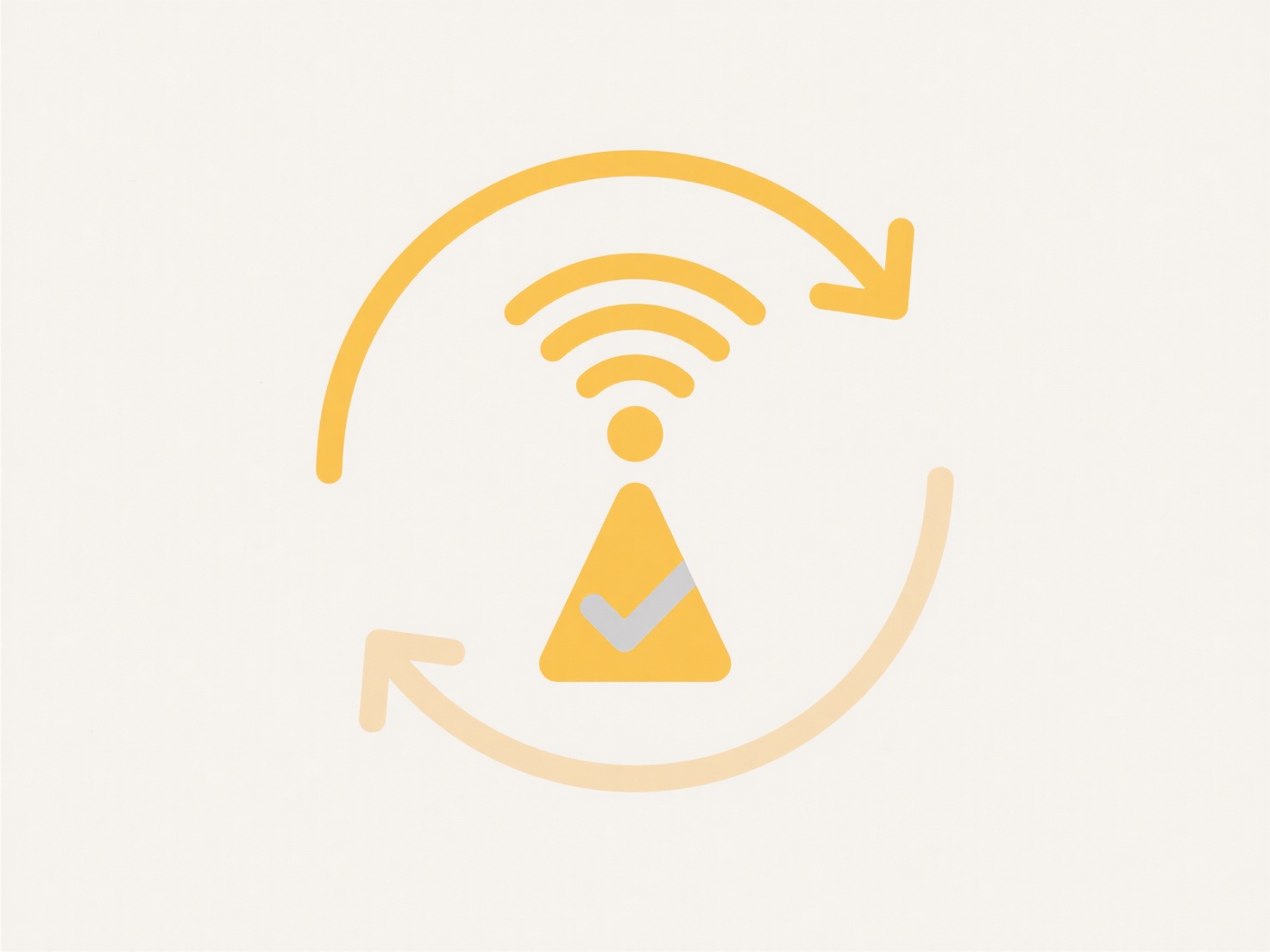
GDPR (EU) and CCPA (California) are data privacy laws governing personal data handling. GDPR emphasizes consent, rights like erasure, and requires security by design. CCPA grants Californians rights to know, delete, and opt-out of their data sale. Compliant file sharing means ensuring only authorized individuals access personal data via secure methods, implementing proper consent mechanisms where applicable, and maintaining records. It differs from general security by specifically focusing on individual control and defined legal obligations for personal information.

In practice, a healthcare provider sharing patient files within the EU would encrypt data in transit, restrict access via roles, and maintain an audit trail to meet GDPR. An e-commerce company using cloud storage (like OneDrive or ShareFile) for customer data must configure settings to honor CCPA deletion requests promptly and have clear opt-out processes for data sharing resembling a sale.
Compliance builds trust and avoids significant fines. Advantages include enhanced data governance. Key limitations are complexity (especially for multinationals) and operational costs for robust security and processes. Ethically, it respects user autonomy. Regulations constantly evolve, requiring continuous vigilance. Tools offering encryption, granular permissions, audit logs, and automated rights request handling simplify adoption.
How do I make file sharing compliant with GDPR/CCPA?
GDPR (EU) and CCPA (California) are data privacy laws governing personal data handling. GDPR emphasizes consent, rights like erasure, and requires security by design. CCPA grants Californians rights to know, delete, and opt-out of their data sale. Compliant file sharing means ensuring only authorized individuals access personal data via secure methods, implementing proper consent mechanisms where applicable, and maintaining records. It differs from general security by specifically focusing on individual control and defined legal obligations for personal information.

In practice, a healthcare provider sharing patient files within the EU would encrypt data in transit, restrict access via roles, and maintain an audit trail to meet GDPR. An e-commerce company using cloud storage (like OneDrive or ShareFile) for customer data must configure settings to honor CCPA deletion requests promptly and have clear opt-out processes for data sharing resembling a sale.
Compliance builds trust and avoids significant fines. Advantages include enhanced data governance. Key limitations are complexity (especially for multinationals) and operational costs for robust security and processes. Ethically, it respects user autonomy. Regulations constantly evolve, requiring continuous vigilance. Tools offering encryption, granular permissions, audit logs, and automated rights request handling simplify adoption.
Quick Article Links
How do I share files over Bluetooth or AirDrop securely?
Bluetooth and AirDrop enable wireless file sharing between nearby devices. Bluetooth establishes direct connections thro...
Why does Windows block saving to certain folders?
Windows blocks saving to specific folders—mainly system directories like Program Files and the Windows folder—to protect...
How do I use Spotlight search on macOS?
Spotlight search provides quick access to information and files on your Mac. Activated using Command+Spacebar, it instan...